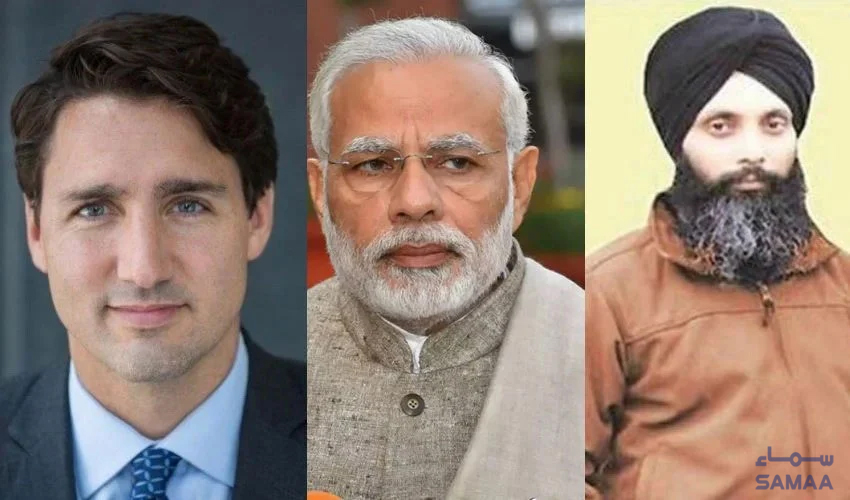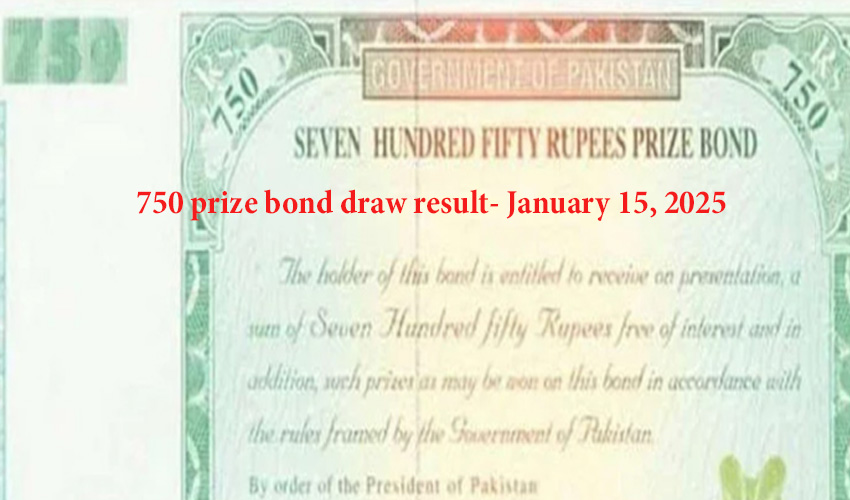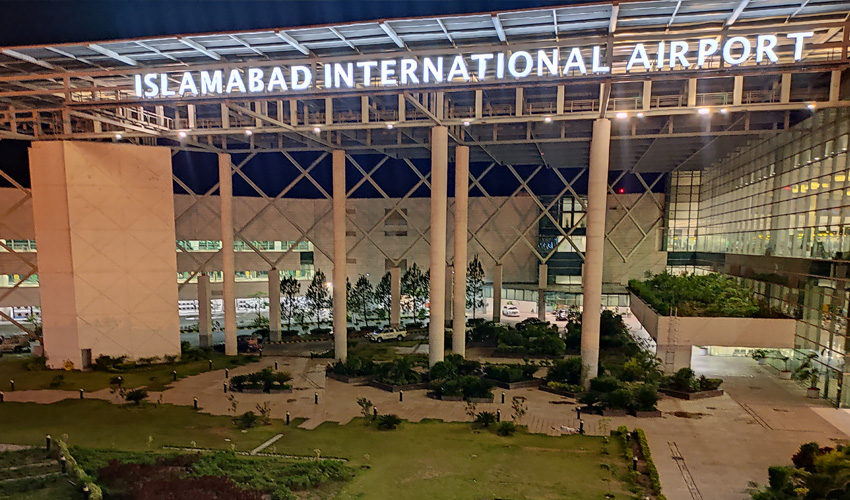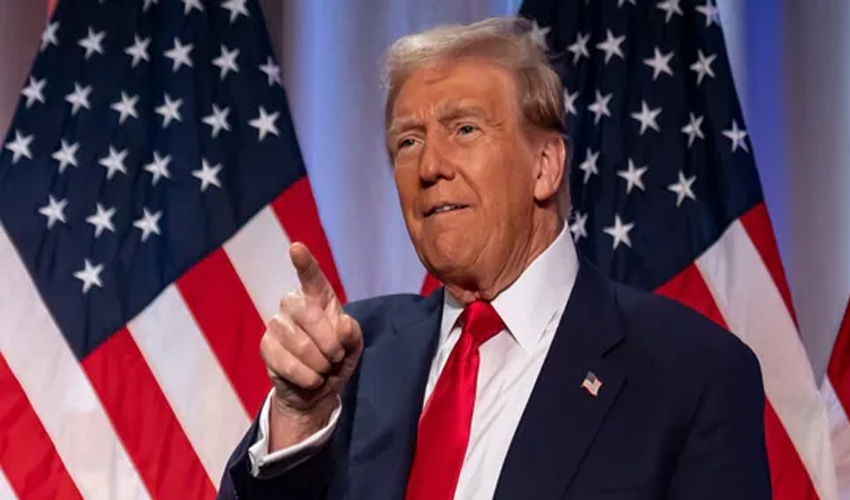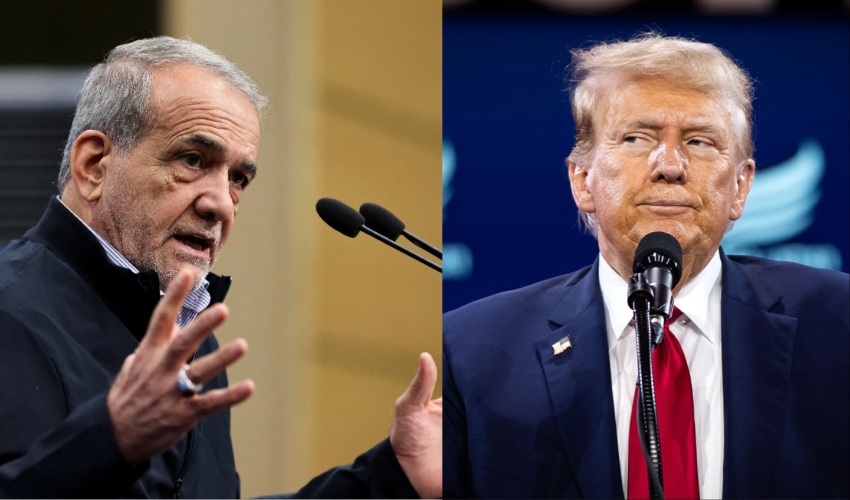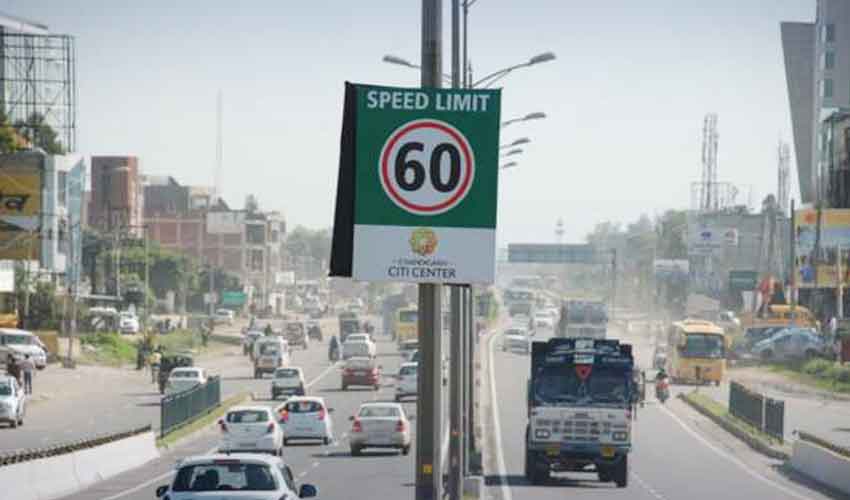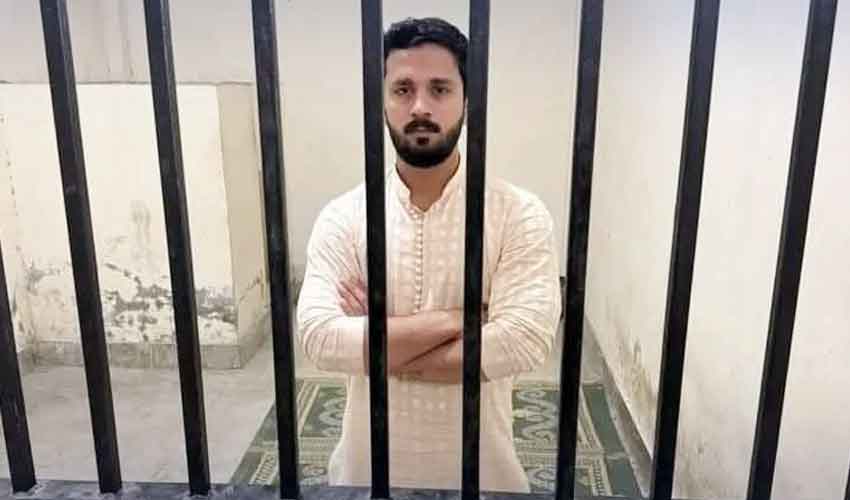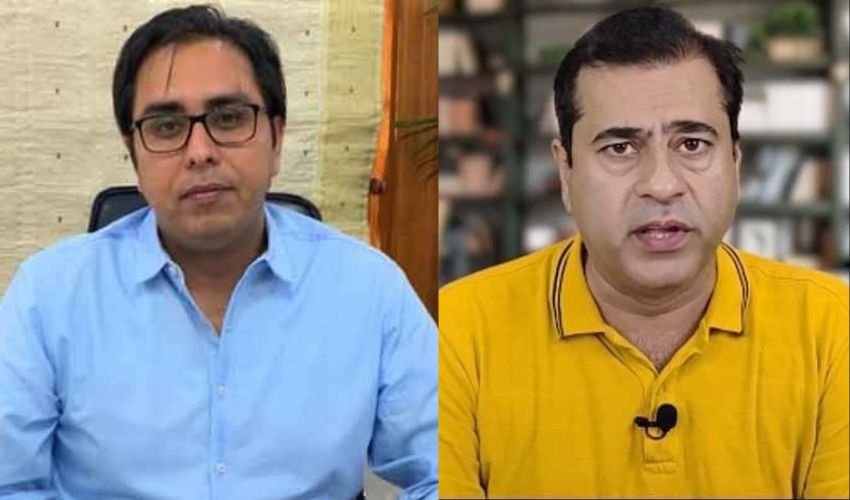The diplomatic standoff between India and Canada escalates as India's High Commissioner to Canada Sanjay Kumar Verma stated that India will not cooperate with Canadian investigators in the Hardeep Singh Nijjar murder case until specific and relevant evidence is shared.
This revelation comes amid accusations from Canada linking India to the killing of the Sikh separatist leader on Canadian soil, sparking tension between the two nations.
In an exclusive interview with the Globe & Mail, High Commissioner Verma emphasized the need for concrete evidence, saying, "Unless we see something relevant and specific, it would be extremely difficult for us to do anything to help the Canadian authorities." The refusal to provide information adds complexity to an already strained relationship.
Hardeep Singh Nijjar, a prominent advocate for the creation of Khalistan, had been living in Canada since 1997. Born in the district of Jalandhar in Punjab, India, Nijjar became a vocal supporter of Khalistan, a proposed independent homeland for Sikhs.
His activities, including alleged involvement in the banned militant group Khalistan Tiger Force (KTF), led India to label him a terrorist.
The 45-year-old Nijjar met a tragic end when he was shot and killed by two gunmen outside a Sikh temple in a Vancouver suburb during a summer evening in June. The incident intensified the already contentious relations between Canada and India.
Canada's accusation of India's involvement in Nijjar's murder has strained diplomatic ties, raising questions about the complexities surrounding the case. The demand for specific evidence by India adds a layer of challenge to the ongoing investigation.
As both nations navigate this delicate diplomatic situation, the fate of the Hardeep Singh Nijjar murder investigation hangs in the balance, with the need for cooperation and transparency becoming increasingly critical.





